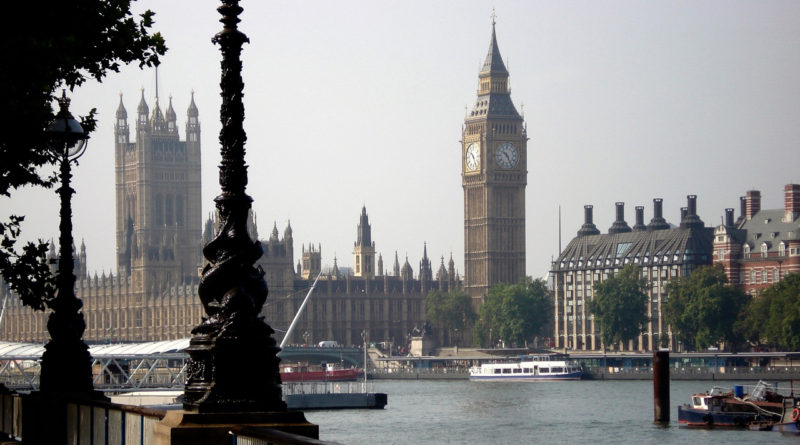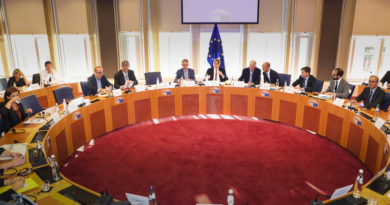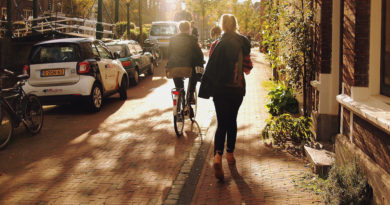Brexit Secretary holds first meeting with groups seeking guarantees on citizens’ rights
For the first time since the UK voted to leave the EU, a Brexit Secretary has met with representatives of the3million and British in Europe, two groups defending the rights of people who have moved across the Channel.
Campaigners called for the ring-fencing of the citizens’ rights chapter of the withdrawal agreement in the event of no deal Brexit, a position recently supported by the British and the Dutch parliaments.
Brexit Secretary Steve Barclay agreed to continue talks with the European Union and committed to write again to EU Chief Brexit negotiator Michel Barnier in this regard.
The position of the EU has always been that “nothing is agreed until everything is agreed.” In an earlier exchange of letters, Barnier said that the best way to protect people impacted by Brexit is to adopt the entire agreement. It would be difficult to separate citizens’ rights from other provisions, such as the protection of personal data and the role of the European Court of Justice in the application of the deal, Barnier argued.
But activists believe the response is not final. “We have to continue engaging in the details and separate all provisions related to citizens’ rights. This part of the deal is neutral, everyone agrees to it, and ring-fencing it is the most comprehensive way to secure the rights and end the anxiety,” Monique Hawkins, a representative of the3million told Europe Street.
“We asked that ring-fencing citizens’ rights becomes the contingency plan in the event of no deal Brexit. The current contingency planning involves 28 different laws, one in each EU country, with no coordination mechanisms on issues such as pensions and healthcare, and with the possibility for governments to change in the future what they are committing to now. Ring-fencing citizens’ rights in an international agreement is the only way to give people certainty,” Hawkins added.
The meeting was organised on April 29, 1,039 days after the UK voted to leave the EU. It was facilitated by Tory MP Alberto Costa, who tabled the amendment passed by the House of Commons in February asking the government to discuss with the EU the separation of the citizens’ section from the rest of the Brexit deal.
Costa said that the government must insist on the protection of the rights of 5 million people if the withdrawal agreement is not passed and urged Prime Minister Theresa May to raise the matter directly with EU Council President Donald Tusk.
The Dutch parliament recently passed a motion calling on the government of the Netherlands to commit to ring-fence citizens’ rights if Brexit negotiations fail.
The citizens’ rights section of the agreement on the UK withdrawal from the EU ensures that people who moved to the respective territories before Brexit can continue benefiting of the right to study, work and set up business under the same conditions of nationals, the recognition of professional qualifications acquired before the end of the transition period, the access to social security and benefits (e.g. healthcare and pensions), the coordination of social security (e.g. the aggregation of pension contributions in different EU countries), the access to public healthcare during short stays in EU countries or in the UK with the European Health Insurance Card (EHIC), the right to family reunion in the country of residence as long as the relationship existed before the end of the transition period, the right to return to the country of residence with the same rights after an absence of up to 5 years, and the reliance on the European Court of Justice for at least 8 years for the interpretation of related laws.
British in Europe, the coalition representing British residents in other EU countries, also brought to the meeting the specific issues they face, such as the fees for British students who live in the EU, the uprating of pensions paid to UK pensioners in Europe and the arrangements for family members of people deciding to return to the UK after Brexit.
Claudia Delpero © all rights reserved.
Photo by Kayo da Silva from Pixabay.





